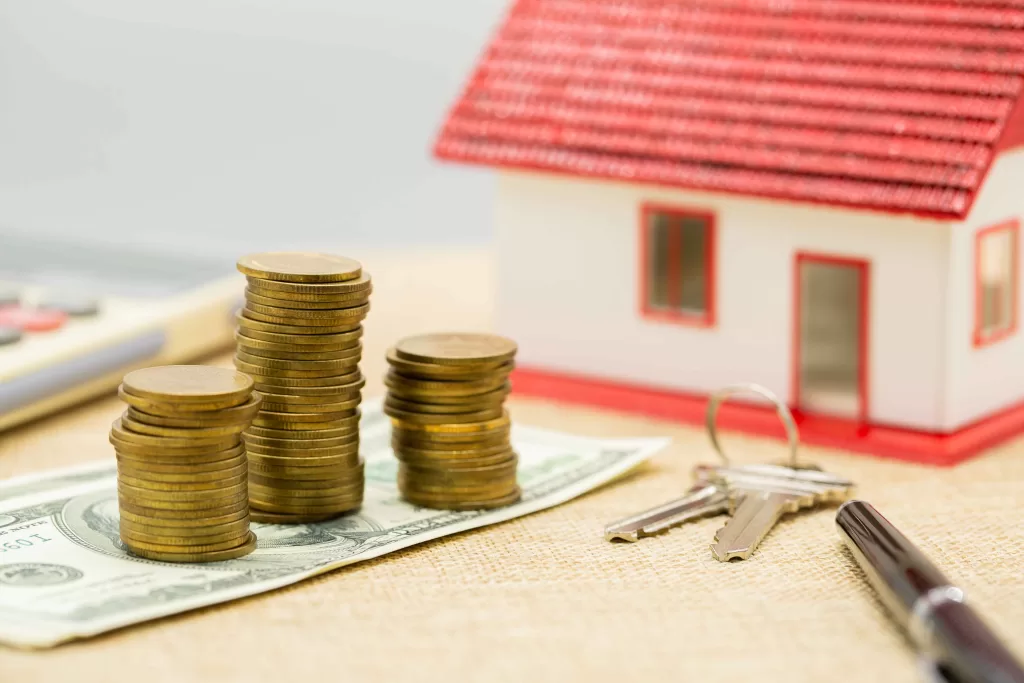
Closing costs are a significant part of buying a home, encompassing various fees and expenses beyond the purchase price. Common closing costs include loan origination fees, which cover lender processing, title search and insurance to protect ownership, appraisal fees to assess the property’s value, and prepaid property taxes and insurance. Survey fees may also apply, depending on the property and location. Typically, closing costs range from 2-5% of the home’s purchase price, though they can vary based on location, property type, and loan type. It’s essential to estimate these costs in advance and include a buffer in your budget.
Typical closing costs include multiple expense categories. Loan origination fees cover lender processing costs. Title search and insurance protect ownership rights. Appraisal fees determine property value for lenders. Property taxes and insurance require prepayment. Survey fees confirm property boundaries when required.
Closing costs typically range from 2-5% of purchase price. Location significantly affects total closing costs. Property type influences required services and fees. Loan type affects various closing cost items. Calculate estimates based on specific circumstances. Include closing cost buffer in purchase planning.
Purchase agreements specify closing cost responsibilities. Buyers traditionally pay most closing costs. Sellers might contribute toward buyer closing costs. Some costs remain negotiable between parties. Government programs might assist with closing costs. Document all closing cost agreements clearly.
Several strategies can reduce closing cost burden. Shop multiple lenders for best fee structures. Request closing cost contributions from sellers. Compare title company services and fees. Consider timing purchase for lower prepaid expenses. Review all fees for accuracy and necessity.
Different methods exist for handling closing cost payment. Some buyers include closing costs in loan amount. Others pay closing costs from savings. Seller contributions reduce out-of-pocket expenses. Assistance programs might help qualified buyers. Plan closing cost funding well before purchase.
– How Long After Buying a House Can You Complain?
– How Long After Buying a Car Can You Buy a House?